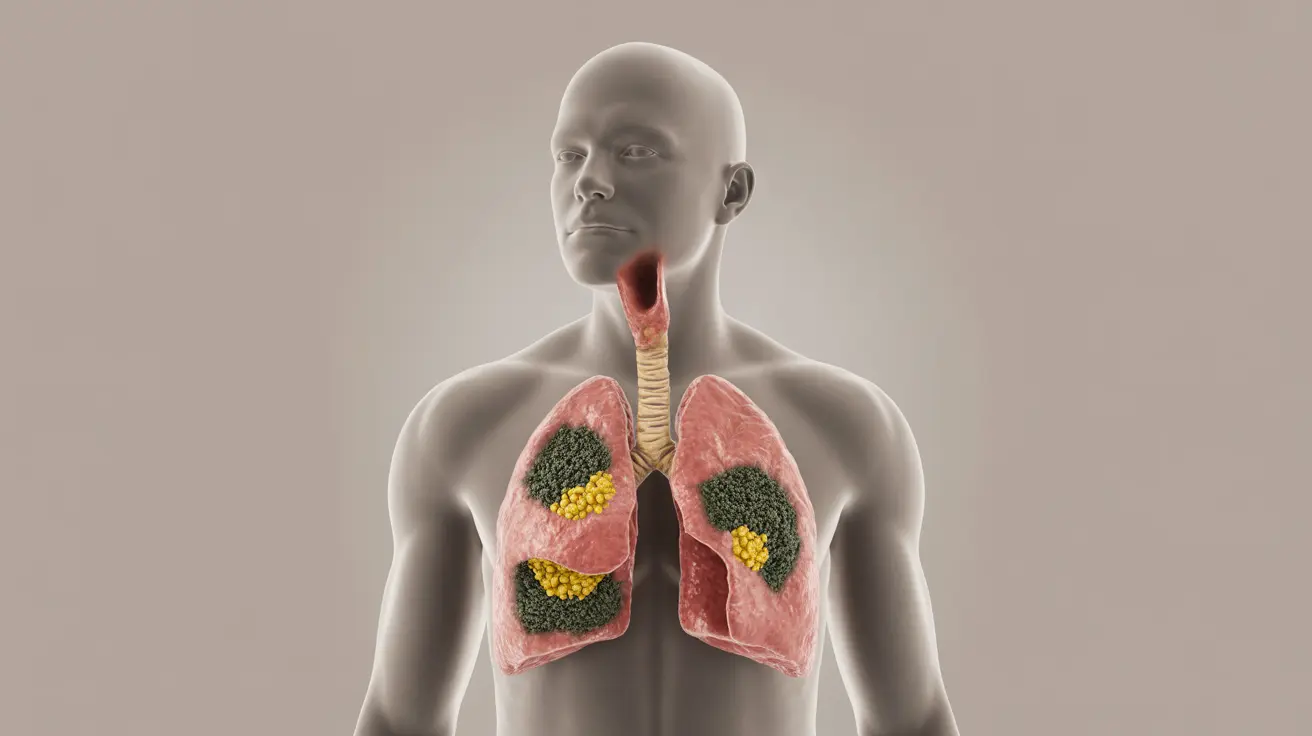The question of whether breathing in mold can be fatal is a serious concern for many people, especially those living in damp environments or dealing with household mold issues. While death from mold exposure is rare, certain types of mold and specific circumstances can lead to severe health complications that require immediate medical attention.
Understanding the potential dangers of mold exposure and knowing who's most at risk can help you protect yourself and your loved ones. Let's explore the facts about mold exposure, its health impacts, and what you can do to stay safe.
Understanding Mold Exposure and Its Health Effects
Mold exposure can affect different people in various ways, ranging from mild allergic reactions to more serious respiratory problems. While not all mold species are toxic, some can produce substances called mycotoxins that may cause significant health issues when inhaled over time.
Common Types of Harmful Mold
Several mold species can be particularly dangerous to human health:
- Stachybotrys chartarum (black mold)
- Aspergillus
- Penicillium
- Fusarium
Immediate and Long-term Health Effects
Mold exposure can trigger various symptoms and health issues:
- Respiratory problems
- Chronic coughing
- Wheezing
- Skin irritation
- Eye irritation
- Headaches
- Persistent fatigue
High-Risk Groups for Mold Exposure
Certain individuals are particularly vulnerable to severe complications from mold exposure:
- People with compromised immune systems
- Individuals with chronic lung disease
- Those with asthma or allergies
- Elderly individuals
- Infants and young children
Prevention and Protection Strategies
Taking proactive steps to prevent mold growth is crucial for maintaining a healthy living environment:
Moisture Control
Control humidity levels in your home by:
- Using dehumidifiers in damp areas
- Fixing leaks promptly
- Ensuring proper ventilation
- Maintaining indoor humidity below 60%
Regular Inspection and Maintenance
Monitor potential problem areas regularly:
- Check bathrooms and kitchens frequently
- Inspect basements and crawl spaces
- Look for water stains or discoloration
- Address water damage immediately
Treatment Options for Mold Exposure
If you've been exposed to mold, several treatment approaches may be necessary:
- Antihistamines for allergic reactions
- Nasal corticosteroids
- Decongestants
- Antibiotics (in cases of fungal infection)
- Removal from the contaminated environment
Frequently Asked Questions
Can breathing in mold cause serious or fatal health problems?
While rare, severe mold exposure can cause serious health problems, particularly in individuals with compromised immune systems or pre-existing respiratory conditions. In extreme cases, certain toxic molds can lead to severe respiratory distress, organ damage, or neurological issues.
What are the common symptoms of mold exposure and how do they affect people with asthma or allergies?
Common symptoms include coughing, wheezing, nasal congestion, and eye irritation. People with asthma or allergies may experience more severe reactions, including asthma attacks, severe allergic responses, and difficulty breathing.
Who is most at risk for severe infections or complications from inhaling mold spores?
Those with weakened immune systems, chronic lung diseases, severe allergies, the elderly, and young children are at highest risk. These individuals may develop serious infections or experience more severe symptoms from mold exposure.
How can I prevent mold growth in my home to protect my health?
Control moisture levels, ensure proper ventilation, fix leaks immediately, use dehumidifiers in damp areas, and maintain good air circulation. Regular home inspections and prompt addressing of water damage are also crucial.
What treatments are available for mold allergies and mold-related respiratory symptoms?
Treatment options include antihistamines, nasal corticosteroids, decongestants, and in some cases, immunotherapy. Severe cases may require prescription medications or medical intervention. The most important step is removing yourself from the source of mold exposure.




